Publications
Articles, publications, books, tools and multimedia features from the U.S. Institute of Peace provide the latest news, analysis, research findings, practitioner guides and reports, all related to the conflict zones and issues that are at the center of the Institute’s work to prevent and reduce violent conflict.
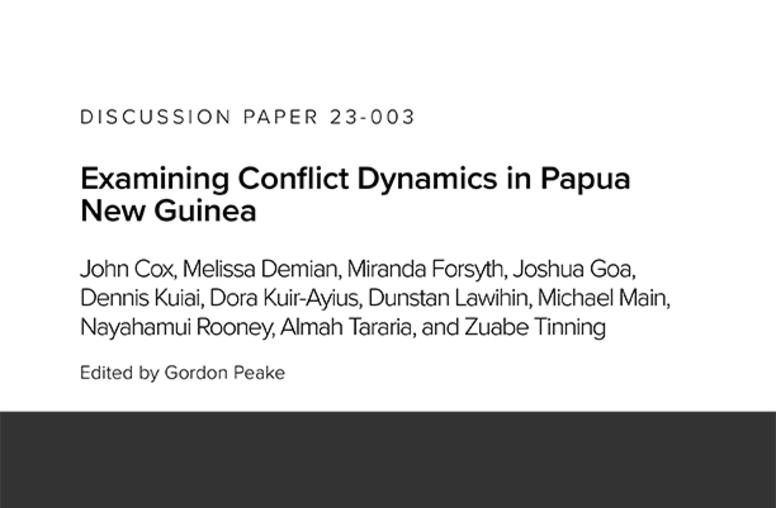
Examining Conflict Dynamics in Papua New Guinea
In 2022, Papua New Guinea was designated as one of five priority countries or regions under the U.S. Strategy to Prevent Conflict and Promote Stability. USIP assembled a study group of senior officials and scholars to provide input on the guiding principles for a strategy to support US efforts to increase stability in the country.
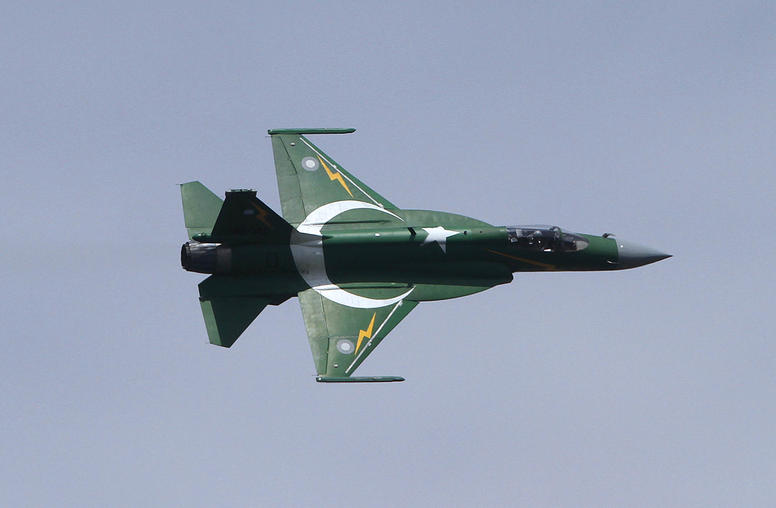
A Threshold Alliance: The China-Pakistan Military Relationship
Geopolitical shifts in South Asia over the past decade, driven by sharper US-China competition, a precipitous decline in China-India relations, and the 2021 withdrawal of US forces from Afghanistan, have pushed the Chinese and Pakistani militaries closer together. The countries’ armies and navies are increasingly sharing equipment, engaging in more sophisticated joint exercises, and interacting more closely through staff and officer exchanges. Yet, as this report concludes, a full China-Pakistan alliance is not inevitable, as Chinese missteps and other sources of friction could slow its consummation.
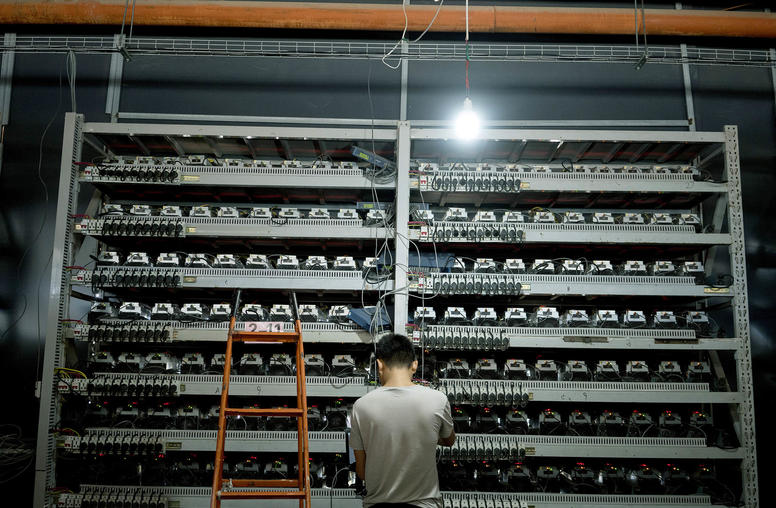
Where Cryptocurrency, Water and Conflict Collide
The booms and busts of the cryptocurrency industry are all over the news. But while the crypto market’s steep decline is a concern for crypto investors, the energy needed to mine cryptocurrency should be what catches the attention of policymakers. As of August 2022, total global electricity usage for crypto assets is estimated to be between 120 and 240 billion kilowatt-hours per year — more than the total used by entire countries such as Australia or Argentina. Amid the global energy crisis and efforts to stem the effects of climate change, the sheer scale of crypto’s electricity usage raises major questions regarding its sustainability.
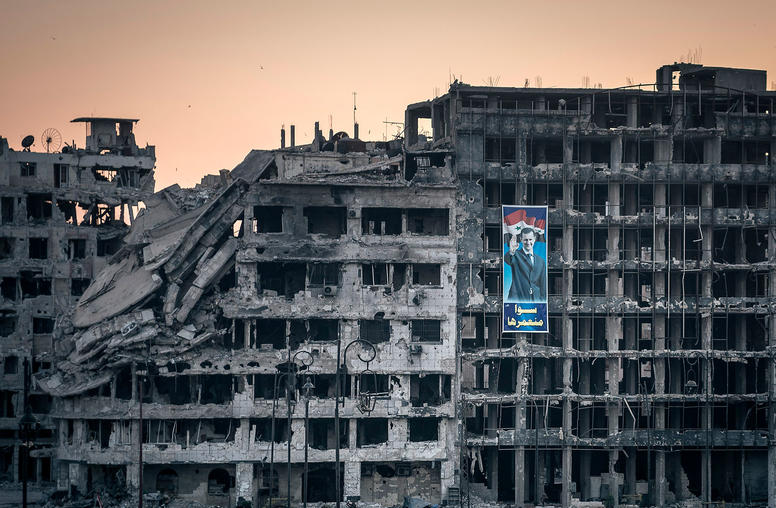
Syria’s Stalemate Has Only Benefitted Assad and His Backers
Twelve years into Syria’s devastating civil war, the conflict appears to have settled into a frozen state. Although roughly 30% of the country is controlled by opposition forces, heavy fighting has largely ceased and there is a growing regional trending toward normalizing relations with the regime of Bashar al-Assad. Over the last decade, the conflict erupted into one of the most complicated in the world, with a dizzying array of international and regional powers, opposition groups, proxies, local militias and extremist groups all playing a role.
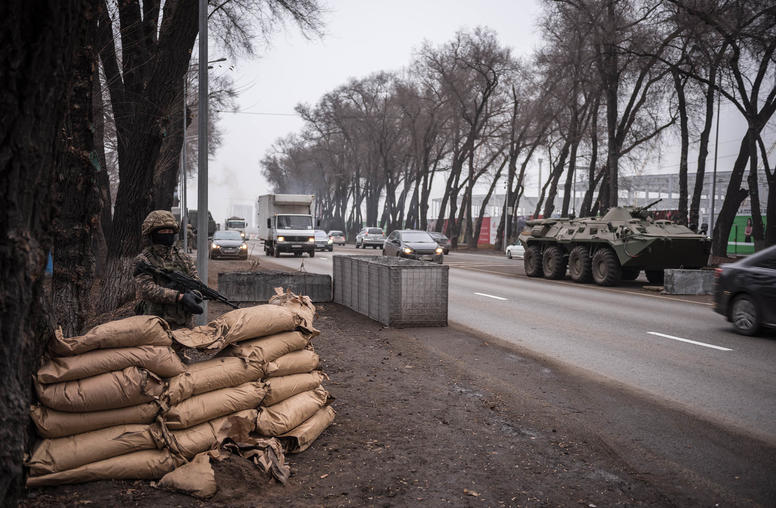
Central Asia Needs a New Approach to Security
After three decades of independence following the fall of the Soviet Union, Central Asian countries continue to face challenges to their stability and governance. Last year saw large-scale domestic unrest in three of the region’s five countries — Kazakhstan, Tajikistan and Uzbekistan — and a devastating cross-border conflict between Kyrgyzstan and Tajikistan was the largest ever trans-boundary escalation in the region. Many of these events follow similar patterns: growing tensions and grievances among citizens lead to protests, which are met with a harsh and disproportionate response including the use of lethal force by security forces, feeding into further mistrust between authorities and the population.
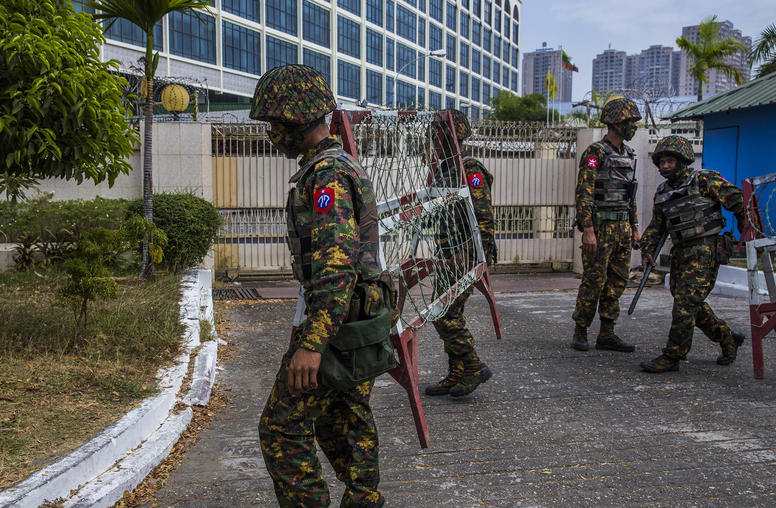
Atrocities in Myanmar: Documenting the Junta’s Attacks on Civilians
Even before the February 2021 coup, Myanmar’s military often deployed systematic violence against civilians, developing a reputation for ruthlessness that dates back decades. Their abuse of ethnic minorities such as the Rohingya have been the subject of countless international human rights investigations, while their nearly unchecked power allowed them to operate with impunity.
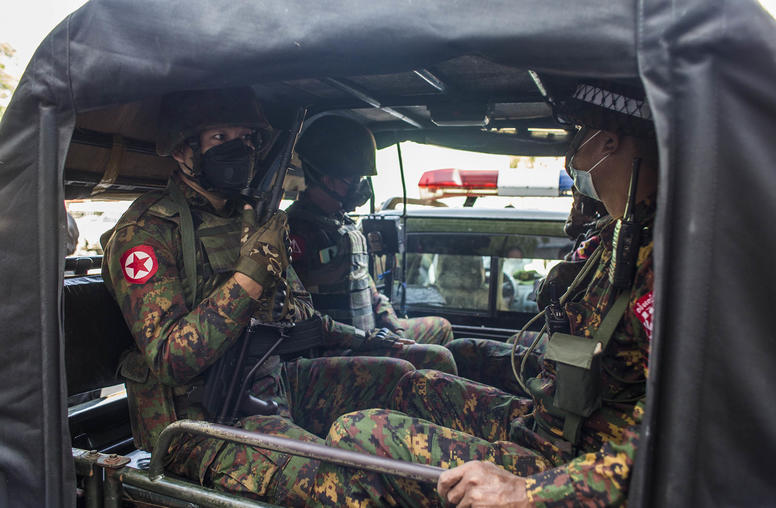
The Limits of Beijing’s Support for Myanmar’s Military
Since late 2022, Beijing has increasingly signaled the limits of its support for Myanmar’s junta against pro-democracy forces and protection against international efforts to hold the army accountable for its crimes. In particular, Beijing has demonstrated a reluctance when doing the junta’s bidding internationally results in significant political costs vis-à-vis its relations with Southeast Asian states or its reputation at the United Nations.
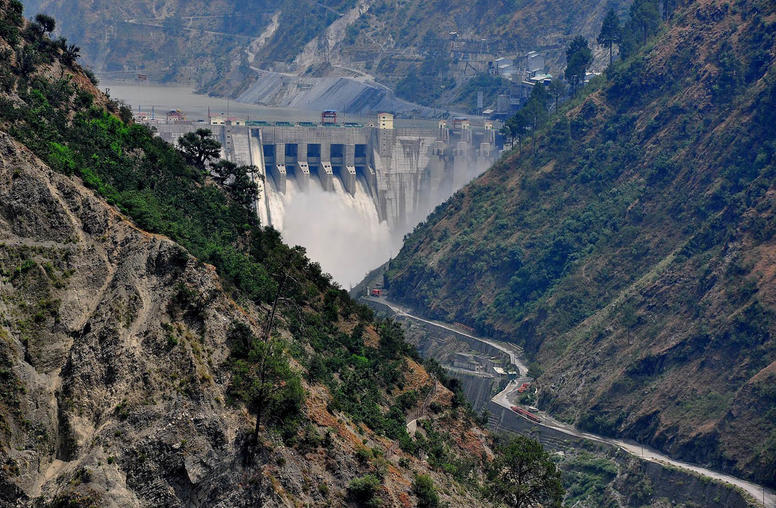
India and Pakistan Are Playing a Dangerous Game in the Indus Basin
On January 25, India sent a notice to Pakistan demanding the modification of the Indus Waters Treaty. Pakistan has so far refused to engage. The treaty, which India, Pakistan and the World Bank originally signed in 1960, allocates rights over the waters of several rivers in the Indus Basin to India and Pakistan.
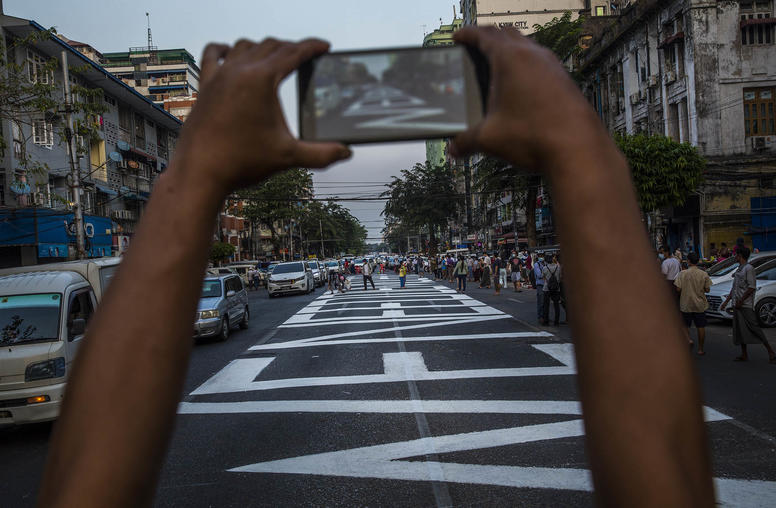
A New Approach for Digital Media, Peace and Conflict
Discussions about the negative effects of online communication on society — including its potential to contribute to violent conflict — tend to focus primarily on misinformation and disinformation. The former refers to factually incorrect information that manages to reach audiences at scale, whereas the latter refers to inaccurate information that is spread deliberately and malignantly by some actor or agent in order to produce specific perceptions and outcomes in physical or digital space.
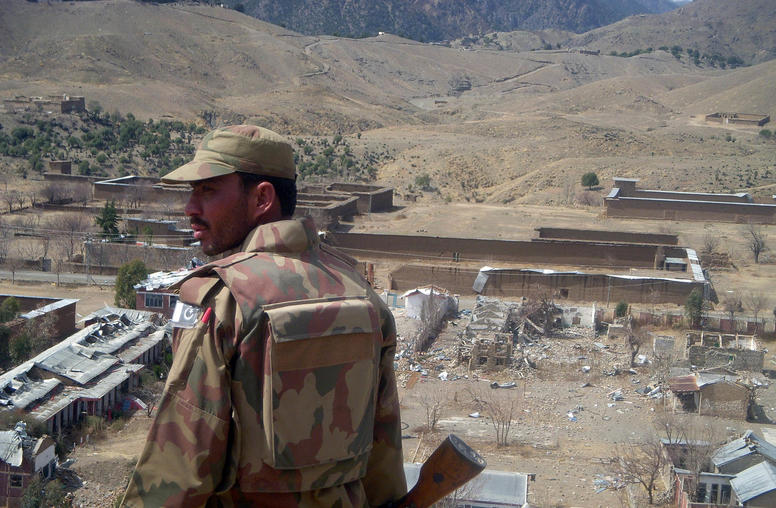
Is Pakistan Poised to Take on the TTP?
The Pakistani Taliban’s late January attack in Peshawar, the capital of Pakistan’s Khyber Pakhtunkhwa province, claimed the lives of more than 100 worshipping at a police compound mosque. The bombing was claimed by a faction of the Tehreek-e-Taliban Pakistan (TTP, also known as the Pakistani Taliban) initially, but later denied by the TTP’s central leadership. It was the group’s deadliest attack since its 2021 resurgence after the Afghan Taliban took power in Afghanistan. As Pakistan struggles with a major economic crisis, the fallout from the deadly floods of last fall and an ever-turbulent political scene, the TTP’s growing threat presents yet another challenge for the struggling nation.